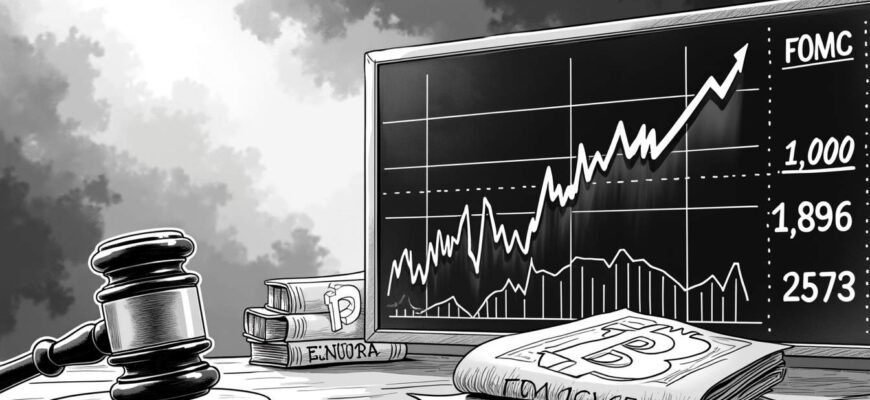Author: Joshua Martinez
Crypto investing: Understand the rewards, risks, and reasons behind the hype. Learn how to navigate volatility and regulatory challenges.
Four.Meme revolutionizes memecoin creation on BNB Chain with innovative features, regulatory insights, and risk management strategies.
USDT integrates with Bitcoin's Lightning Network, promising faster, cheaper transactions and challenging traditional banking systems.
PropiChain uses AI and blockchain to revolutionize real estate, offering high liquidity, transparency, and potential returns.
FOMC decisions shape Bitcoin's price: interest rates, QE, and market reactions drive crypto trends. Explore the intricate relationship.
Maximize your crypto profits by understanding and minimizing exchange fees. Learn about transaction, fund transfer, and currency conversion costs.
Czech National Bank's €7 billion Bitcoin investment proposal could reshape Europe's crypto market and banking systems.
QSTaR blends meme culture with AI, offering zero-tax tokenomics and high-profile endorsements, reshaping the blockchain landscape.
Sui vs Aptos: Analyzing their future potential in the crypto market, focusing on security, scalability, and market performance.
Explore how blockchain blurs consumer-product roles, impacting crypto marketing and user dynamics in decentralized platforms.









